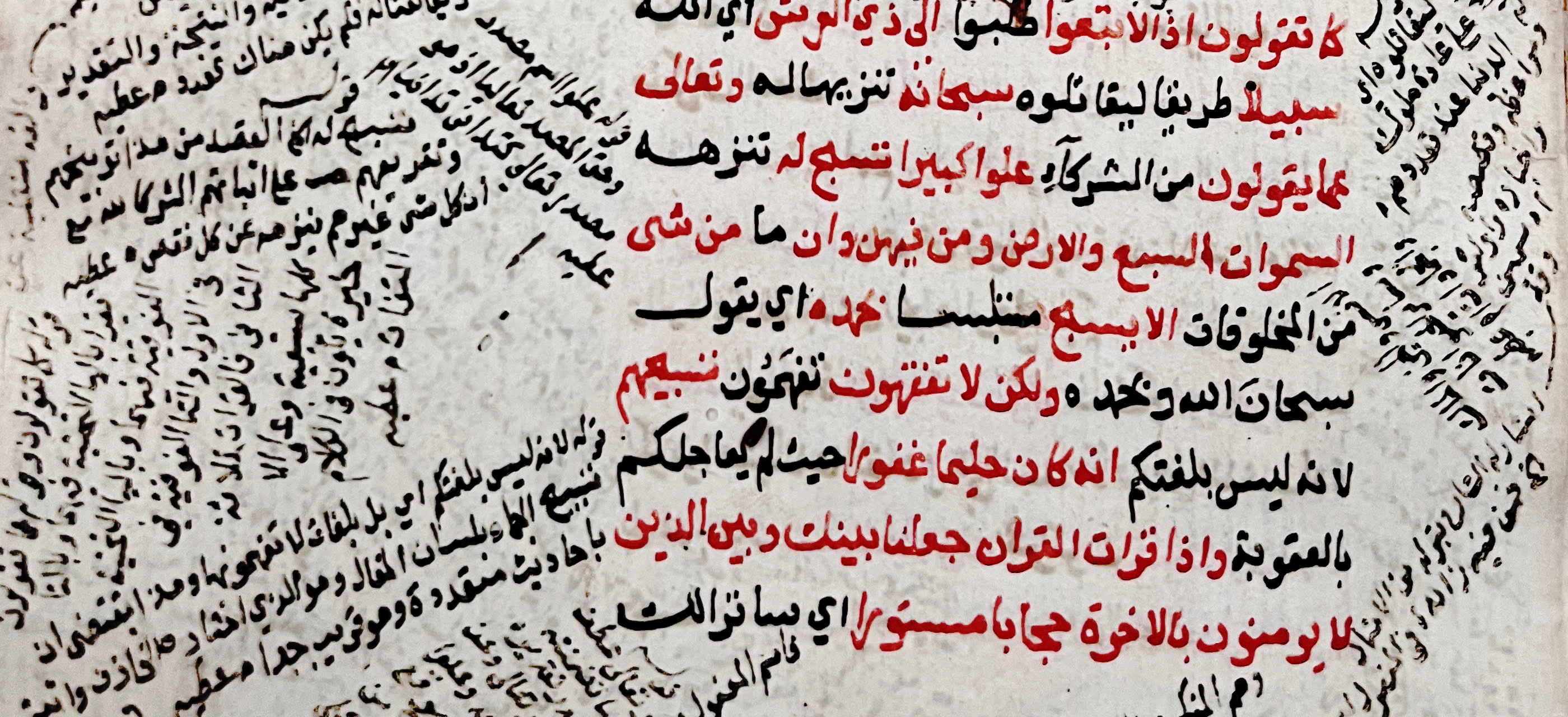African Identities, Afro-Omani Music, and the Official Constructions of a Musical Past
Contenu
- Titre
- African Identities, Afro-Omani Music, and the Official Constructions of a Musical Past
- Créateur
- Harthy, Majid H. al- Voir tous les contenus avec cette valeur
- Date
- 2012
- Dans
- The World of Music Voir tous les contenus avec cette valeur
- Résumé
- Based on dissertation research in the port city of Sur, historically significant both for trans-oceanic seafaring and trade, and more specifically for its connection to the east coast of Africa, this article analyzes the African-derived performance genres that dominate Sur's music scene within an ever-elusive concept of Africa. The sacred healing rituals zār, mikwarā, and ṭambūra; and the secular genres, mdema, and fann is-ṣawt have been renamed funūn taqlīdīya or traditional arts, national nomenclature that collects the myriad traditions of the country while marginalizing differential identities. Rhetorically, Suri musicians not only adopt, they also emphasize their national Omani identity, while expressing their African identity as of the "other." Musically, however, their approach to performance, including the use of Swahili texts, the predominance of body movement, and multi-layered musical textures produced by a variety of instruments from East Africa, reveals, I argue, the musicians' African identity as a "self." The seemingly binary "self" identities articulated by Suri musicians through two differing modes of expression (rhetoric and performance) illustrate not only the problematic nature of the concept of Africa in Oman, but also highlights how simplistically the African presence in Oman has been treated in the music scholarship of this country.
- Langue
- eng
- volume
- 1
- numéro
- 2
- pages
- 97-129
- issn
- 0043-8774
- Source
- JSTOR Voir tous les contenus avec cette valeur
Harthy, Majid H. al-, “African Identities, Afro-Omani Music, and the Official Constructions of a Musical Past”, 2012, bibliographie, consulté le 18 septembre 2024, https://ibadica.org/s/bibliographie/item/1624
Position : 31576 (1 vues)

